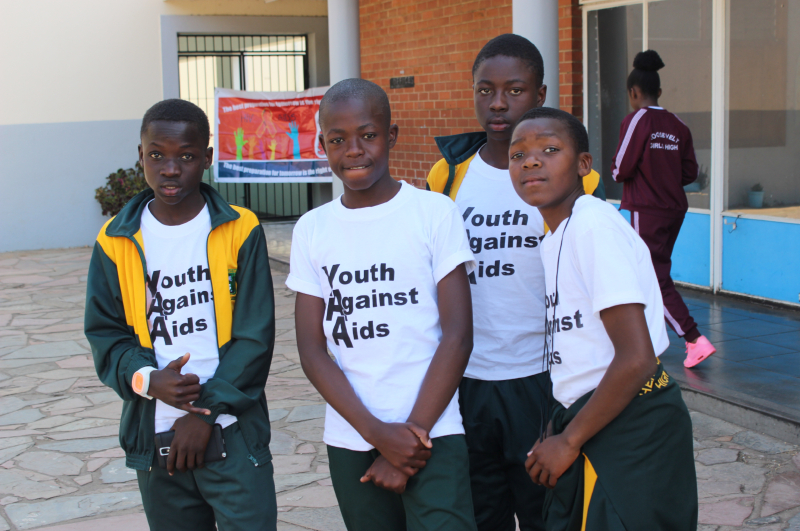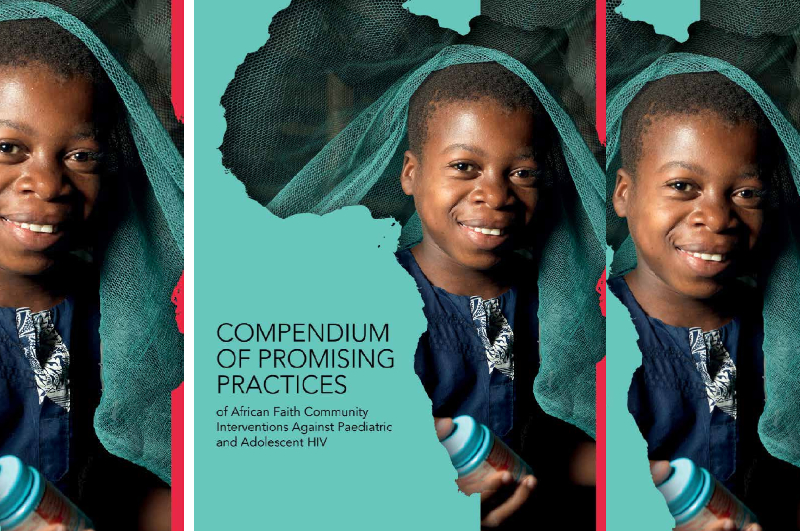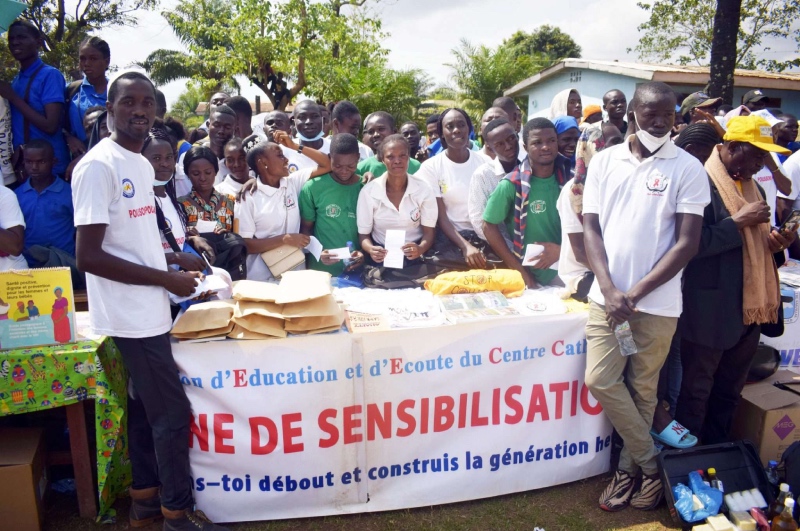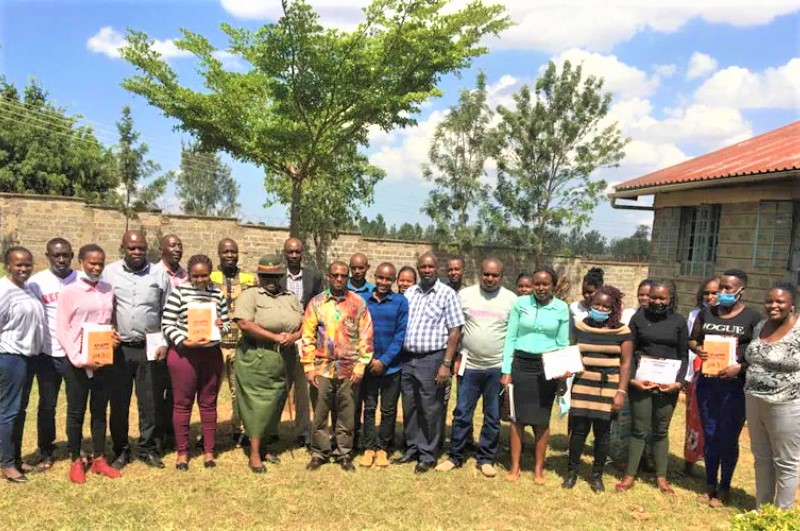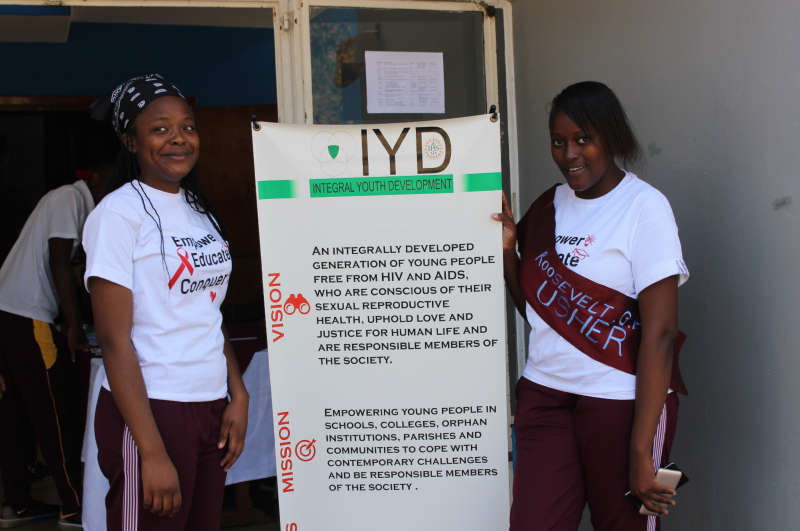

The African Jesuits AIDS Network (AJAN) designed an HIV Prevention Programme for the Youth (AHAPPY Generation) that is implemented in multiple countries in Africa.
AHAPPY is a programme developed in 2012 with pilot activities beginning in 2015 following publication of a handbook. It focuses on making adolescents and youth champions of a generation in Africa free of HIV and AIDS.
The youth in this programme: advocate for HIV prevention among youth; promote HIV testing among youth; fight against stigma; support peers living with HIV in adherence; encourage responsible behaviour and positive living; advocate for testing in communities and institutions; and act as peer influencers. The plan is to reach out to more youth where they are, especially with Covid-19.
The AHAPPY programme has several unique features:
• It focuses on the whole person (integral growth) rather than HIV and AIDS. This prepares the youth to address HIV and AIDS through responsible behaviour and choices emerging from self-awareness, appreciation of self and others. The approach empowers the youth to face other social, mental and economic challenges they encounter daily.
• It is youth-Centred and the design gives young people space to provide solutions and the means of going about it. The programme arose following detailed discussions with youth and the design gives them space to provide solutions and the means of achieving it. The intervention has had a wide range of results in the 11 countries where it has been implemented, including: reduced levels of stigma among youth (Kenya); increased youth HIV testing (Central Africa Republic and Togo); increased levels of self-knowledge and responsible behaviour (Uganda and Rwanda); fewer sexual harassment incidents against girls (Madagascar); and improved ARV adherence (Kenya). Broad impacts have been identified in three areas: improved health and reduced deaths among youths living with HIV; encouraged responsible behaviour and positive living among youths; and improved academic performance, healthy living and discipline.
• Youth educational short movies that are part of the training materials were scripted and acted by the youth in AJAN centres. A total of 20 short movies were completed—in French and English.
• The programme is solid: it is grounded in the ministry of the Jesuits in Africa and is a long-term project.
• AHAPPY is replicable. It is designed in such a way that it can address many issues affecting young people, including STIs, drug abuse and violence, mental issues, and teenage pregnancies, in addition to HIV.
• Its high capacity allows it to be scaled up throughout Jesuit institutions in Africa, including Catholic structures, Christian structures and cultural non-religious structures.
• Development of AHAPPY online training. This helps the youth interact with AHAPPY online.
The AHAPPY Programme has five target groups:
a. The AHAPPY generation handbook is tailored to youth between 10 and 24 years.
b. AJAN field project directors and coordinators of AHAPPY are based in institutions of learning in various countries which directly run the AHAPPY programme through youth sensitization and awareness creation events, organizing youth forums, symposia, clubs, peer education, HIV testing and community outreach.
c. Most trainees are youth between 18 and 35 years because of their impact on other youth as role models for younger youth and adolescents.
d. Jesuits and their collaborators working in the HIV and AIDS field. They make up the largest teams of pastoral agents working in schools, social centres, cultural centres, or youth forums. They participate in church activities and communicate messages on preventing HIV and living with HIV.
e. Family members, caregivers and the community. They are an indirect target group because they are the first contact with the youth in the household as the basic unit and level of interaction.
This programme is administered in three ways:
• Training of trainers (ToT). AJAN empowers youth leaders, teachers, mentors, peers, community leaders, church leaders, professionals and pastoral agents to promote the growth and empowerment of the youth they accompany.
• Training of learners (ToL). Held as part of sensitization forums for youth between the ages of 0 to 24 years. Most of them are in various stages of school or college programmes. Like ToT, these activities run at two levels: the AJAN secretariat and through AJAN field centres in countries.
• Youth led initiatives. Young people are empowered and given roles as agents to themselves.
PAGE 154 AND 155 of UNAIDS COMPENDIUM PROMISING PRACTICES 2023
Related Articles
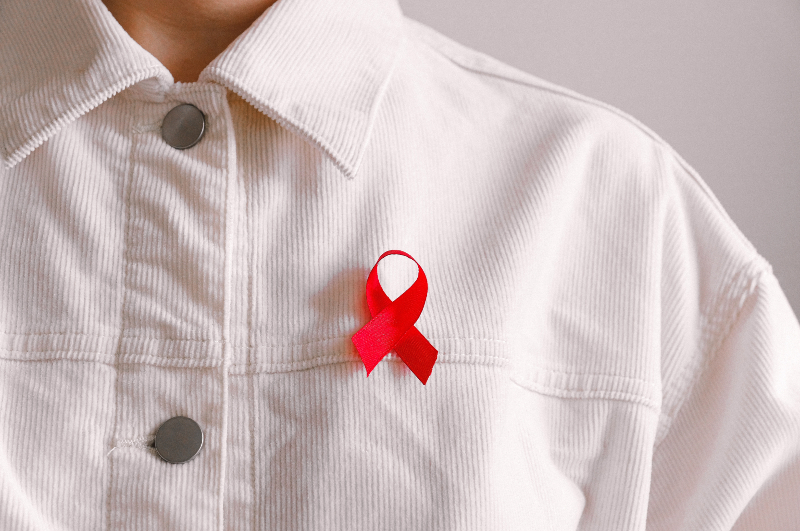
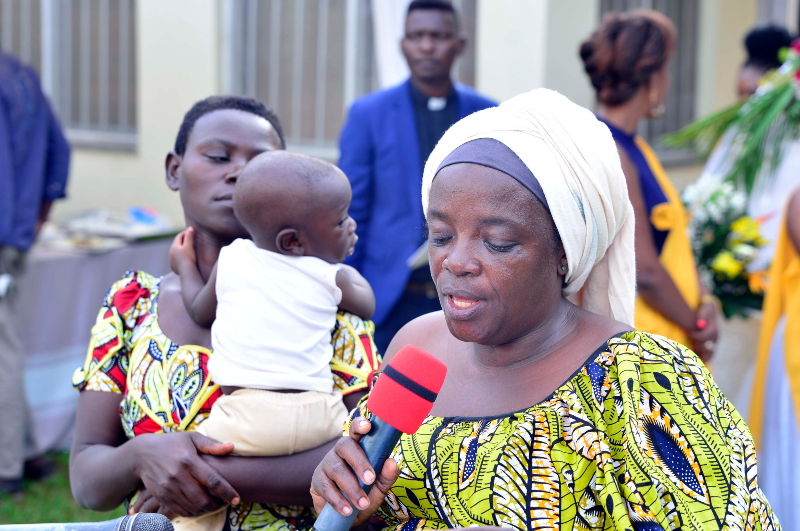
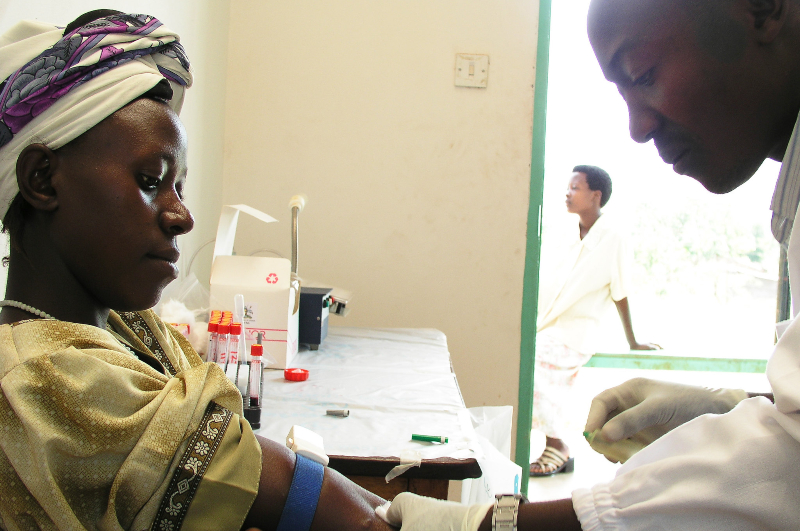
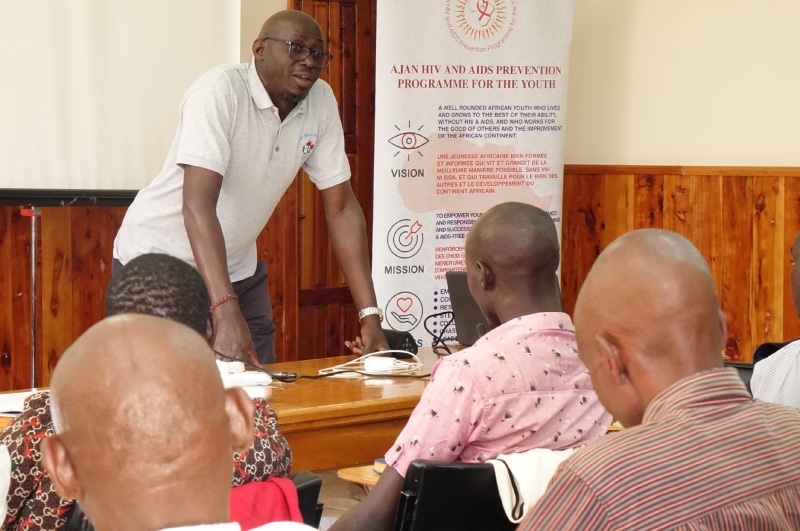
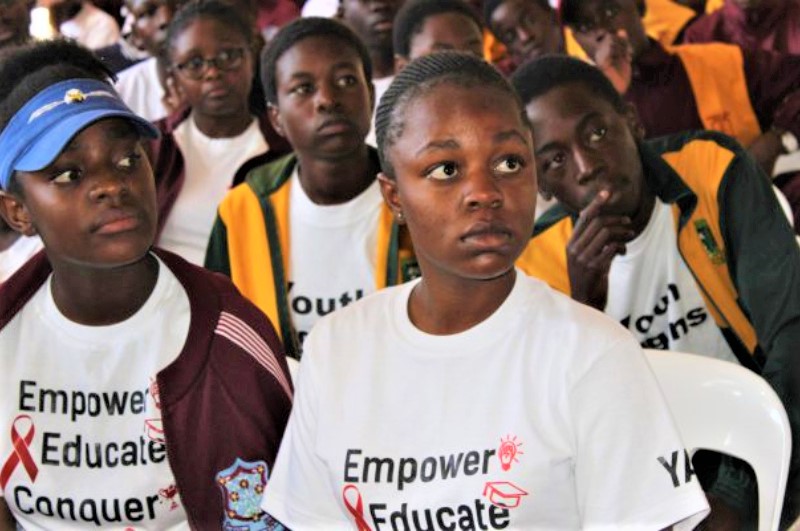
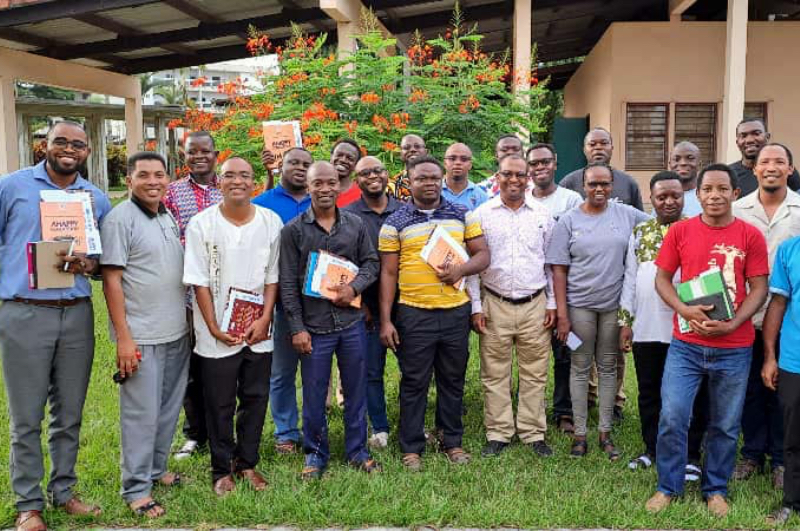
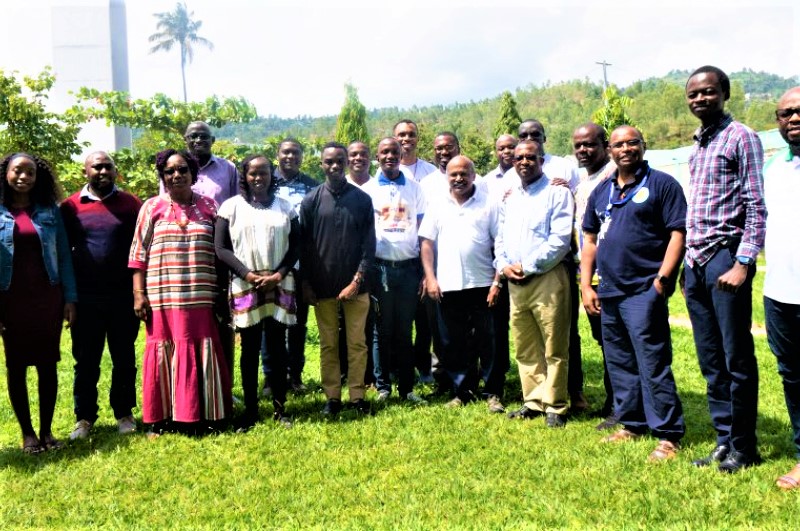
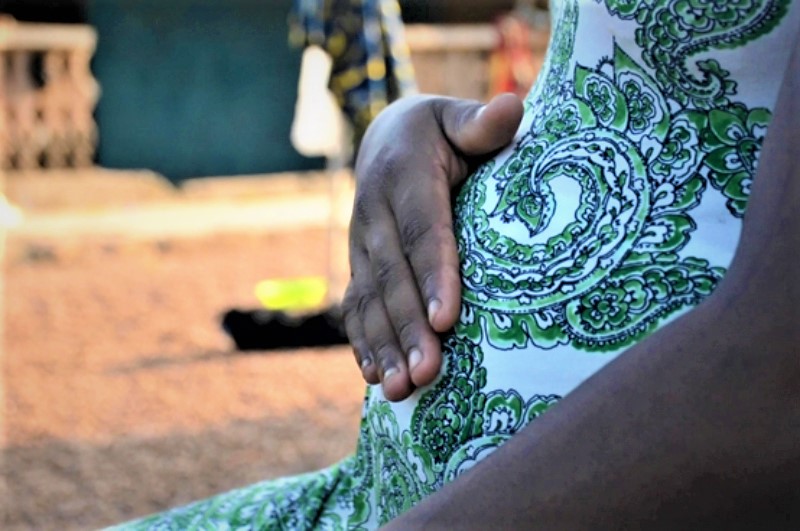
Select Payment Method
Pay by bank transfer
If you wish to make a donation by direct bank transfer please contact Fr Paul Hamill SJ treasurer@jesuits.africa. Fr Paul will get in touch with you about the best method of transfer for you and share account details with you. Donations can be one-off gifts or of any frequency; for example, you might wish to become a regular monthly donor of small amounts; that sort of reliable income can allow for very welcome forward planning in the development of the Society’s works in Africa and Madagascar.
Often it is easier to send a donation to an office within your own country and Fr Paul can advise on how that might be done. In some countries this kind of giving can also be recognised for tax relief and the necessary receipts will be issued.


